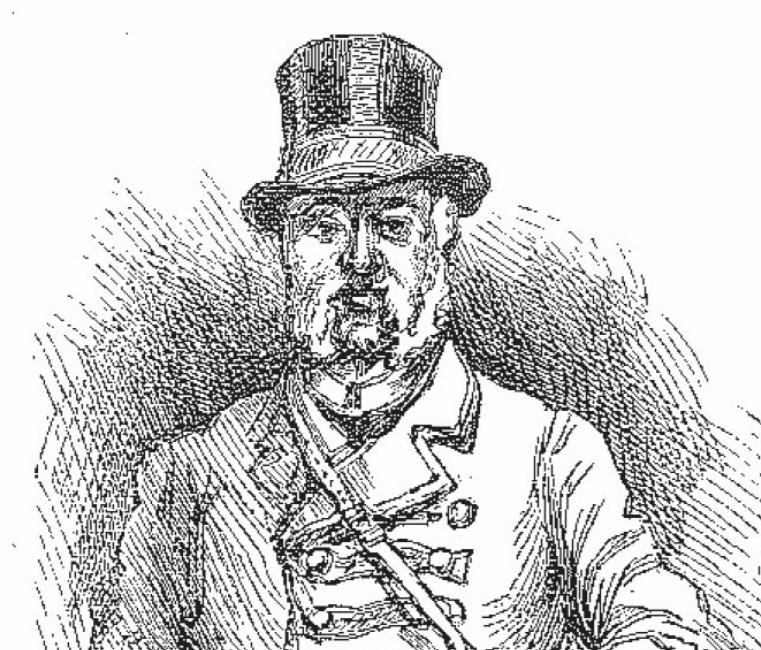Our Heritage…
‘Served their Lord faithfully over many years.’
The history of the Post Office and Telecommunications Christian Association (POTCA) is all about people; godly men and women who have served their Lord faithfully over many years.
Our History…
The Post Office, originally responsible for the inland letter service, had acquired many new and exciting activities. Money Orders, Postal Orders, Savings Bank and Pension transactions were now being handled by counters. The new Parcel Post service, established in the basement of the Head Post Office at St. Martin’s le Grand, was becoming concerned about the postage of ladies’ hats; the parcels were in danger of exceeding the maximum size of ‘six feet of length and girth combined.’ Perhaps most importantly for the POTCA the Post Office was responsible for the rapidly growing inland telegraph service, and would soon take over many international telegraph links. A new building, GPO West, or the Central Telegraph Office, was the hub of this high-speed, high technology form of communication.…
‘It is my belief that Post Office and Telecommunications Christian Association is as relevant now as it was one hundred and thirty-two years ago’.
Find out more about
our heritage…
‘If it were not for this place I should go to the public house or sit on the kerb’
Often men in the larger offices were at a great disadvantage because the time between one duty and the next was insufficient to allow them to get to their homes; besides in many instances they were not in a position to afford such travel.…
